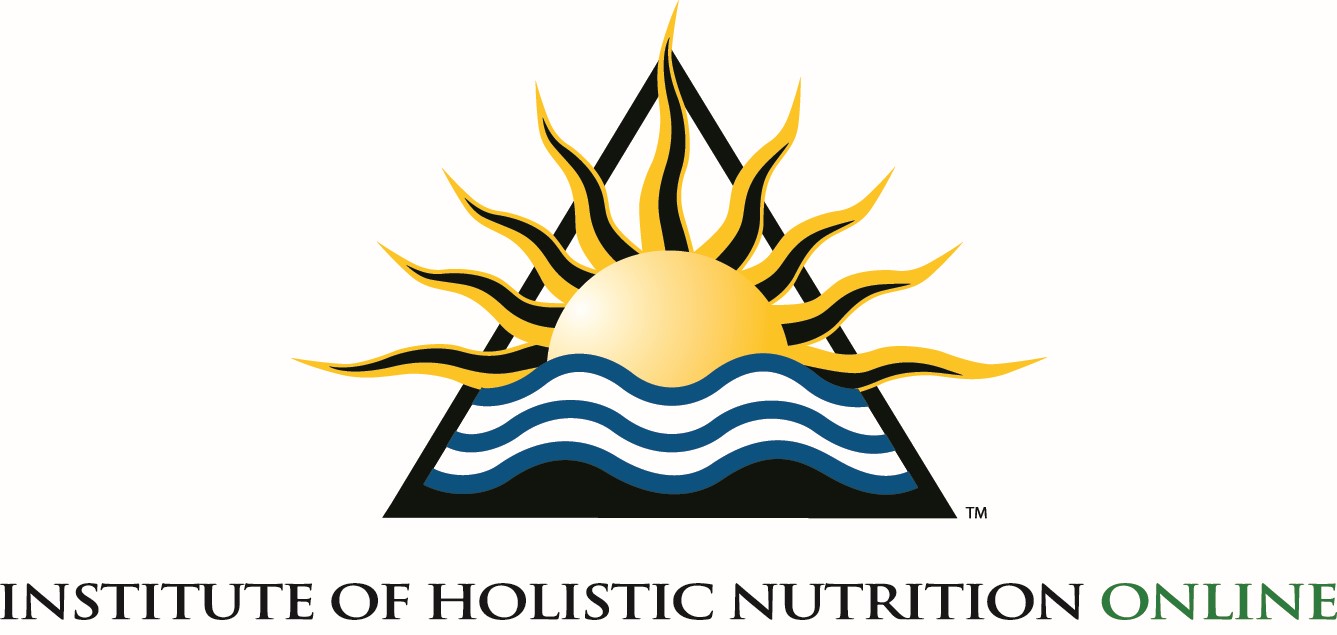
Nicole Taylor BFA, CNP
Department(s): Faculty
Nicole Taylor, a graduate of the Institute of Holistic Nutrition and Certified Nutritional Practitioner, merges clinical expertise with a passion for holistic healing modalities.
Drawing from intuition and Louise Hay’s principles, she crafts custom herbal and therapeutic nutrition plans. With a BFA from OCAD University in painting, specializing in human anatomy, Nicole integrates the science of psycho-neuro-endocrine-immunology, holistic nutrition and Iridology with the spiritual elements of foraging, grounding practices, and flow states in her clinical practice.
Founding the Flowly Method, an innovative online program integrating therapeutic nutrition and flow state techniques, she empowers others to address stress-related symptoms and dis-ease.
Nicole teaches courses in Neuroendocrine modulation and is an instructor at the Institute of Holistic Nutrition online where she teaches Nutritional Symptomatology Part I, Comparative Diets, Nutrition Through the Lifespan and The Psychology of Disease.
